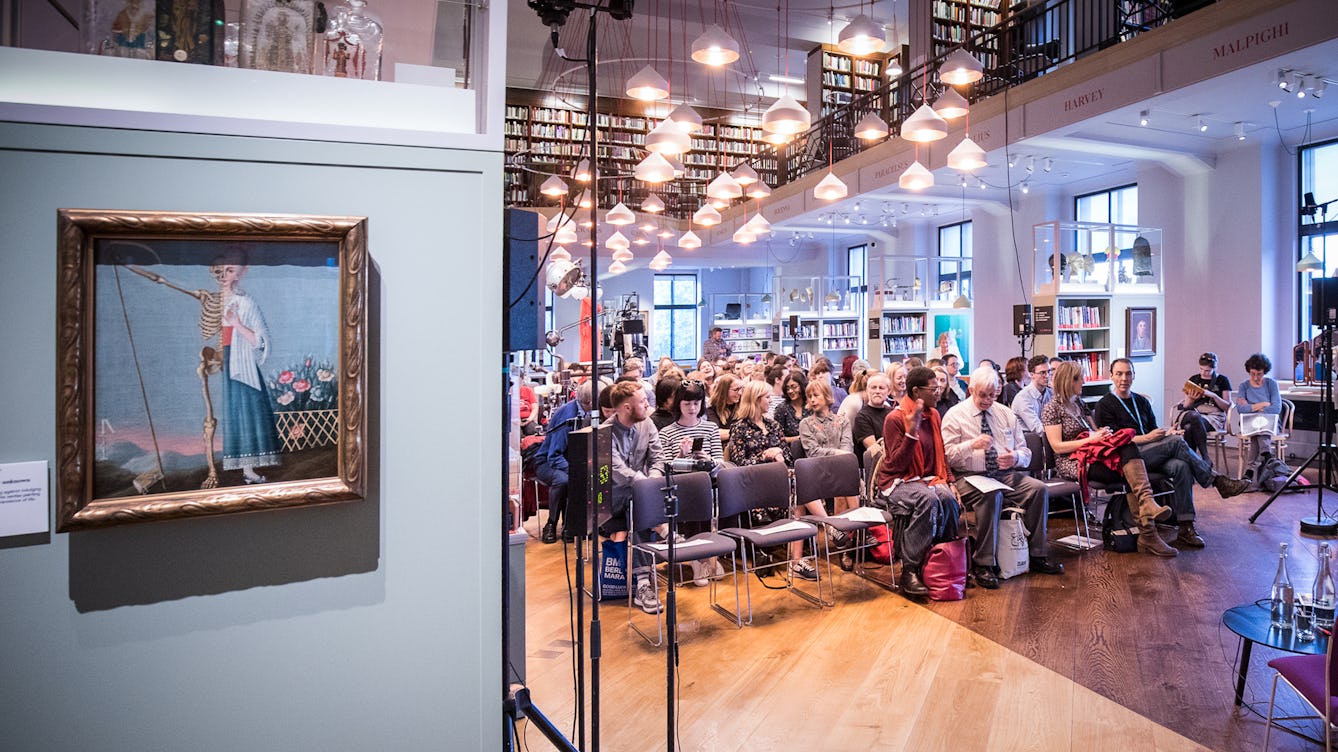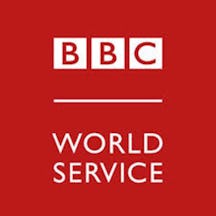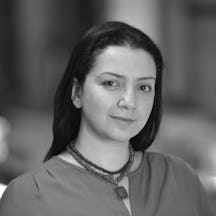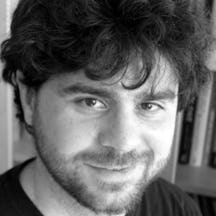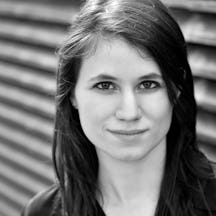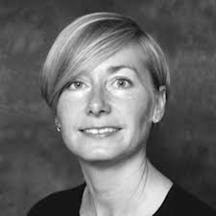What you’ll do
Listen in on a recording of a BBC World Service programme to hear about the findings of a major new global survey investigating attitudes to vaccines. The Wellcome Global Monitor asked people around the world whether they think vaccines are safe, effective and important for children to have.
This programme is part of ‘The Evidence’, a series exploring the challenges our world face today. ‘The Evidence’ will be broadcast on the BBC World Service.
